This is a continuation of a devlog series for a prototype. For those who prefer video devlogs, here’s the Youtube version for you (long form). The below entry is more or less a summary of that video, and a bit more for devs.
Now back to the topic: For quite some time now it was bugging me how progressions, and most notably skill progressions were handled in games. How often these felt like an afterthought, and a convenience to a player’s end goals. Which is why the idea of coming up with an alternative solution began to surface for some time.
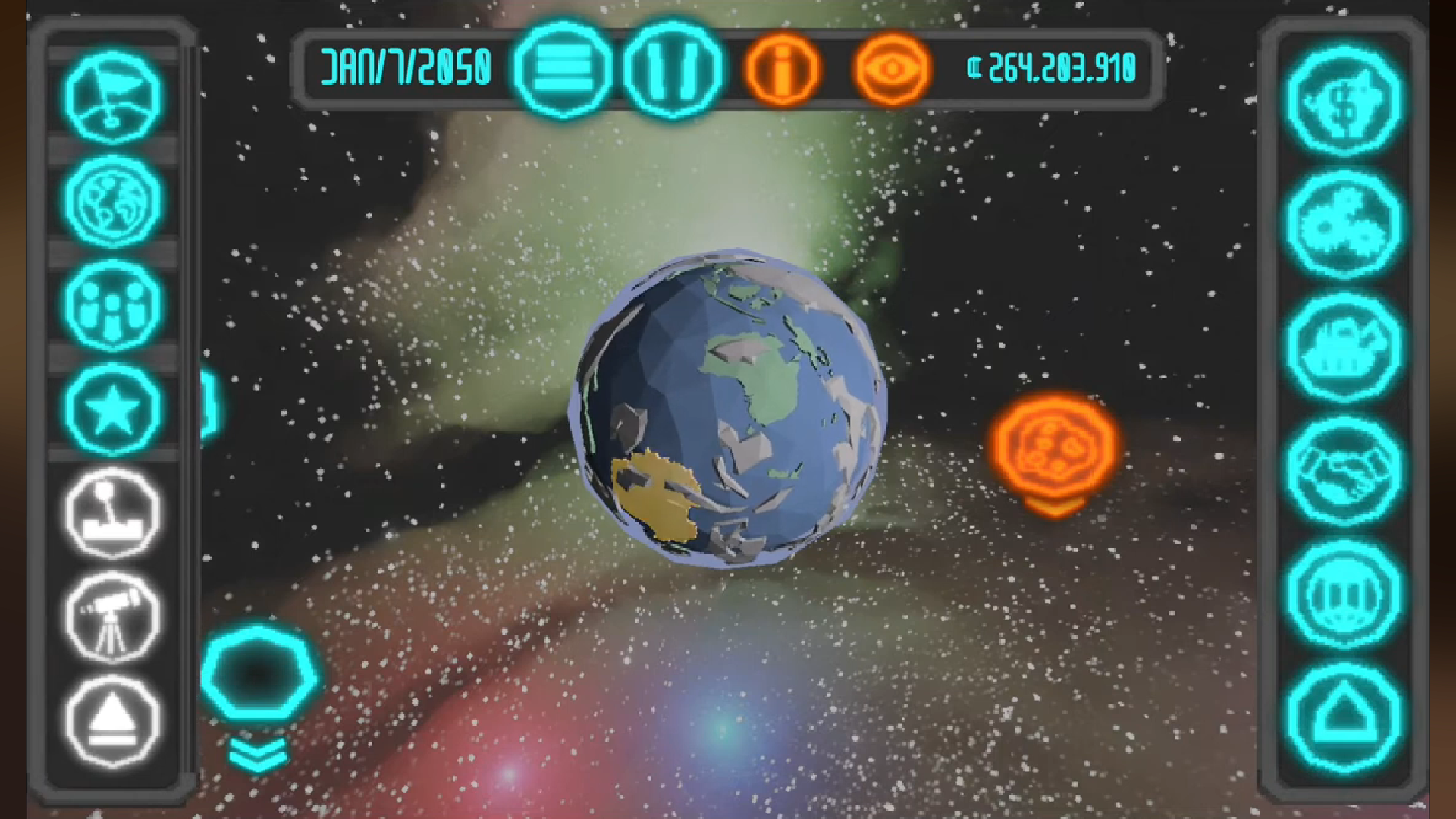
A turning point came whilst working on an RTS game for low-end phones, which naturally required the game to be as performant as possible (even more with visual scripting). And as you know, tracking various processes (say on tick/frame) can eat up a lot of resources. And as this was an RTS, it naturally landed itself to the situation of requiring a lot of mindless progress bars, to facilitate that something was going on when issuing commands. Most notably handling upgrades: The classic, I need Tier 2 rockets, so I’ll click this upgrade button and wait 10 minutes.
So, to eliminate the need to spend resources on upgrades especially, the idea of needing to solve various mazes came to be. Not just to save performance, but to make the whole process a bit more enjoyable; a bit more creative.
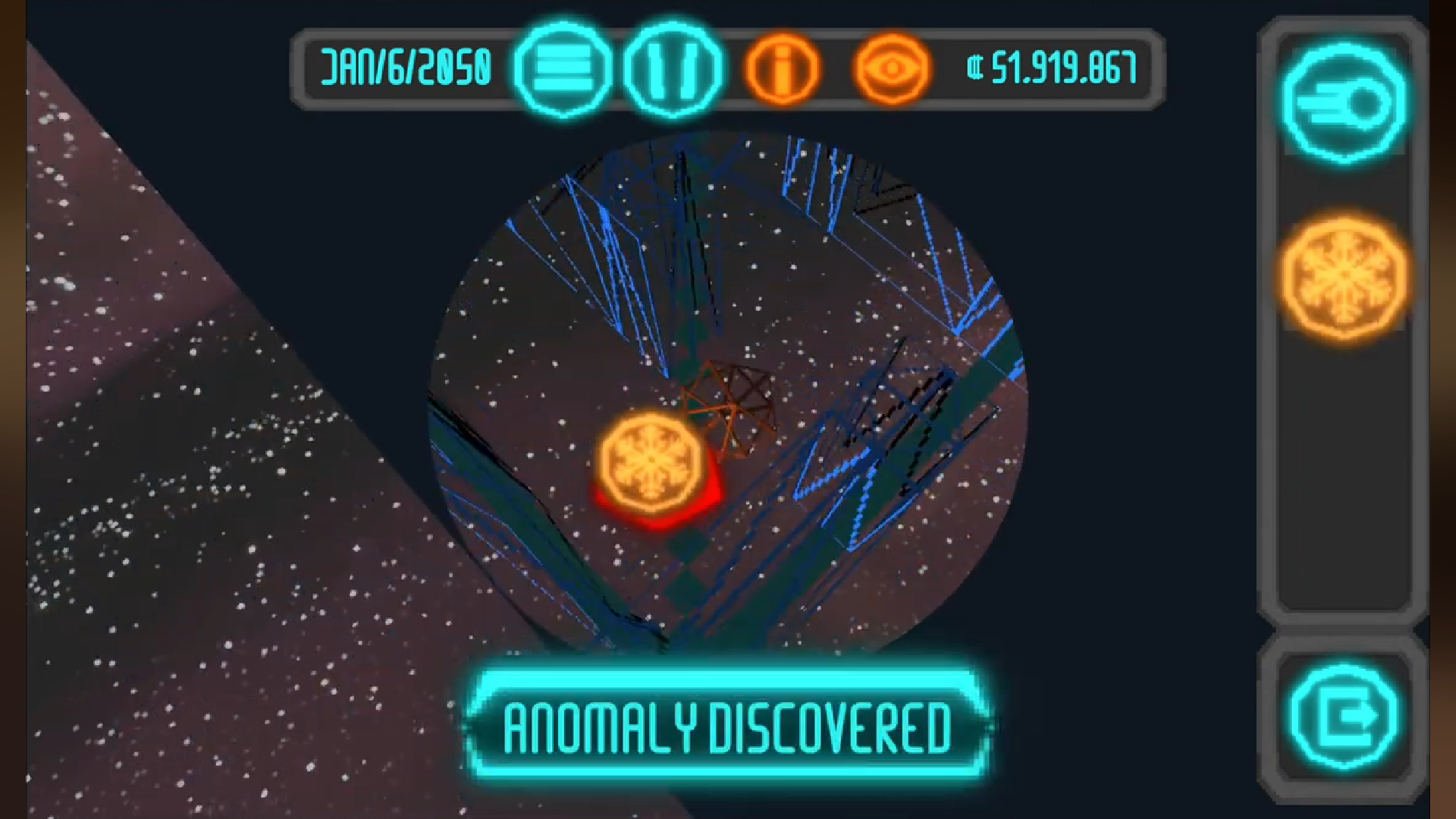
While it was a first step into the right direction, it fell short of expectations, as this vacky pinball game in disguise, didn’t prove to be (that much) fun at all. In comparison, Falterstone, in its botched-up prototype phase, can already grab my attention for more than 20 minutes.
A change came whilst working on another project, an RTS/MOBA hybrid, where again the issue with handling progressions came to be. Learning from the past, it was best decided to only keep the core idea, and throw the rest out. Ultimately landing on the concept of requiring the player to achieve its own path, at their own merit: by traversing a “jungle”, battling the elements and getting upgrades as a reward. Also, they were allowed to gather skills at their own will, by traversing the world, and selecting challenges accordingly.
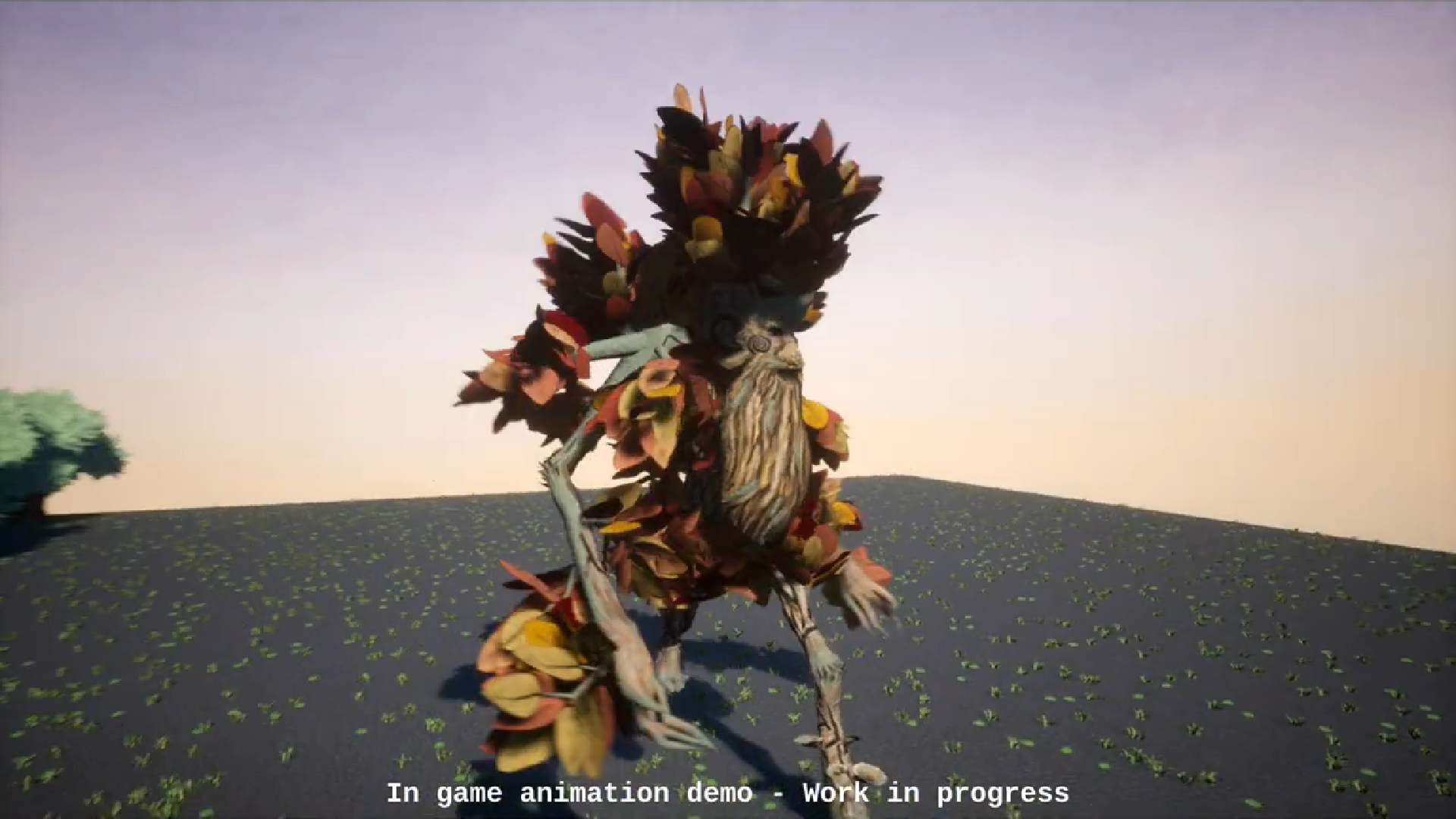
This was a better fit to a problem, and aligned with the competitive nature of MOBAs: Because now, resource hoarding, and clicks per minute mattered way less, as competence, knowledge and problem-solving came first. Providing, in my opinion, an alternative and better competitive experience as a whole.
Which system is hoping to be part of Falterstone as well; with some modifications of course. One of them being how my previous projects handled procedural generation. Hence, the last week or so was spent on testing out new approaches to content creation.
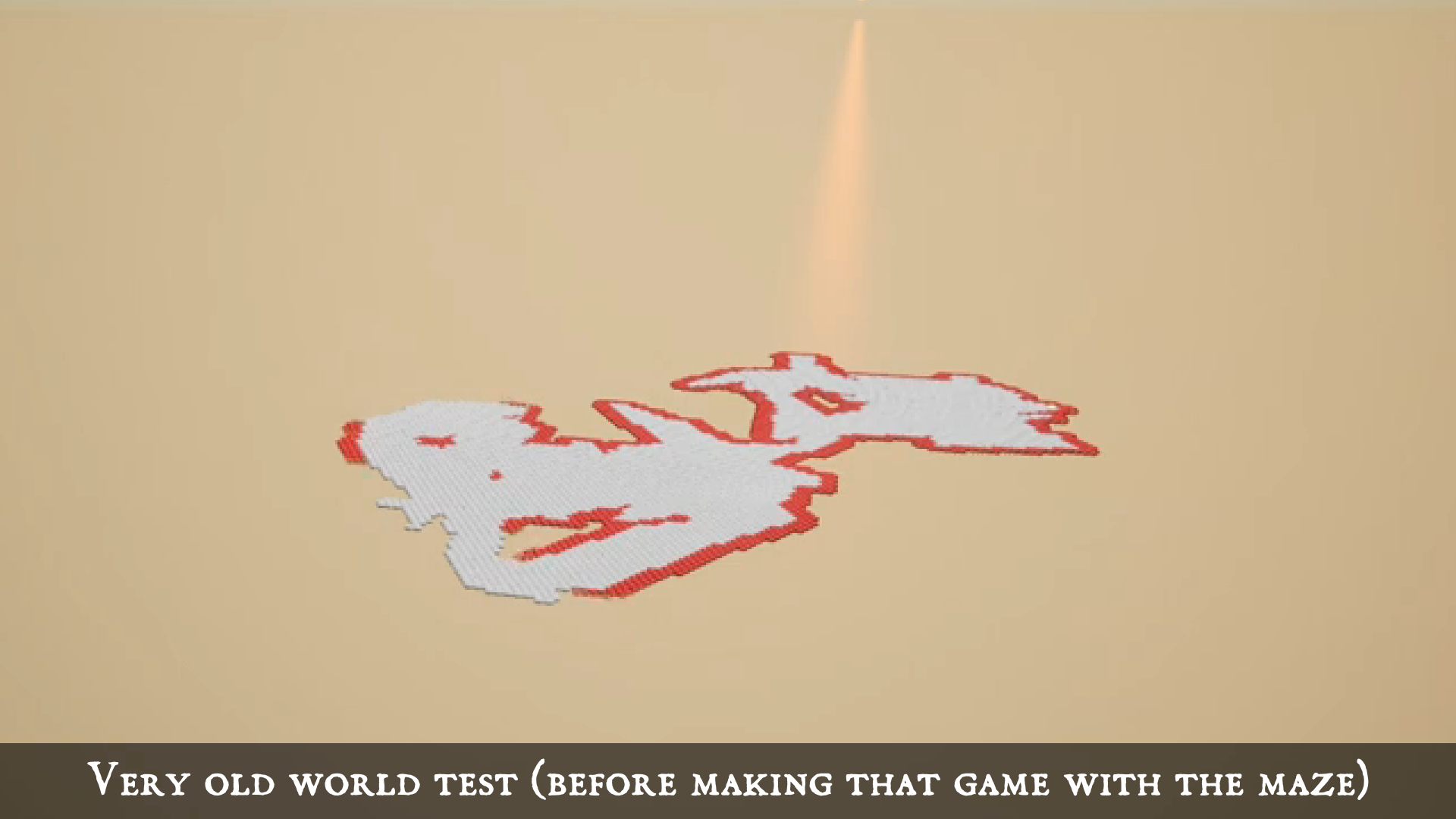
Previously the focus was more on making a rock-solid do-it-all actor (take that even earlier example screenshot from above), that would build then validate generated levels, but the realization kicked in that on scale it became a drag to compute (larger mazes from that mobile game could take up to minutes to create). Which is “fine” when you’re loading up the game, but could prove to be a thorn in the side whilst in game; and ultimately break immersion.
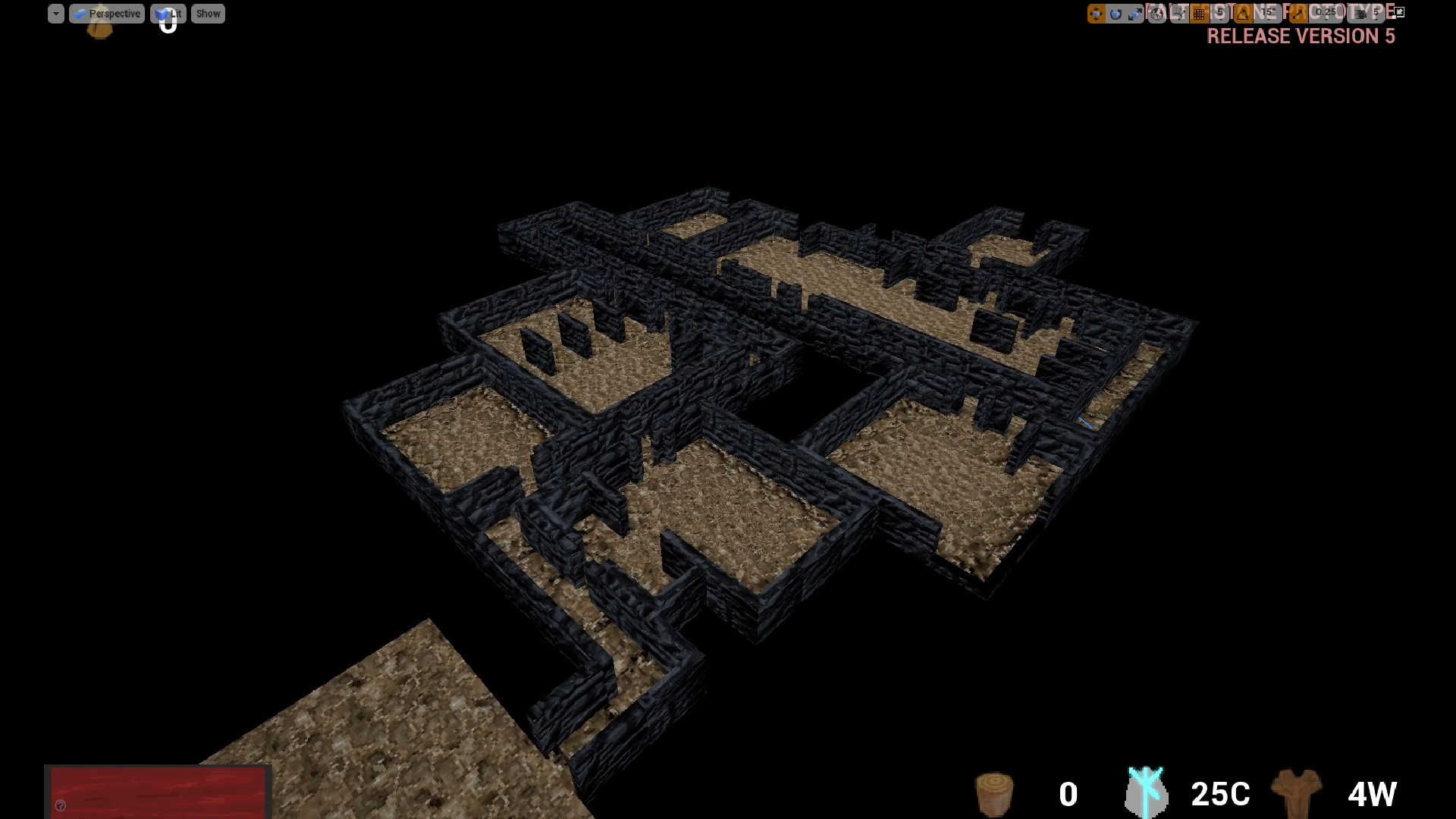
Thus this time around, have set the goal to strip down everything to its bare minimum (also ditching working with arrays), and go from there. Which dramatically improved performance, whilst bringing similar results, however, it also meant that a lot more, and I mean a lot more effort needed to ensure the final product is “safe” to use (manually accounting for each variable with prefabs). Which as I’ve learnt, could take weeks of tweaking; suppose a fair trade for speed and versatility. The example above is just the first exploratory tests.
This was great, but another part was still yet to be redefined: outdoor spaces. Previously, have used triangles in accordance with projection to define space, but now just brute forced prefab placement. From the first tests, I recon pathfinding might be omitted entirely (to ensure all is traverse-able, although for the dungeons it's 100% safe, as the paths are placed first, then the world around them, as shown in the video); but we will see.
Anyhow, while nothing really useful was put into this update in terms of “playable” content, it was a significant step for future endeavors.